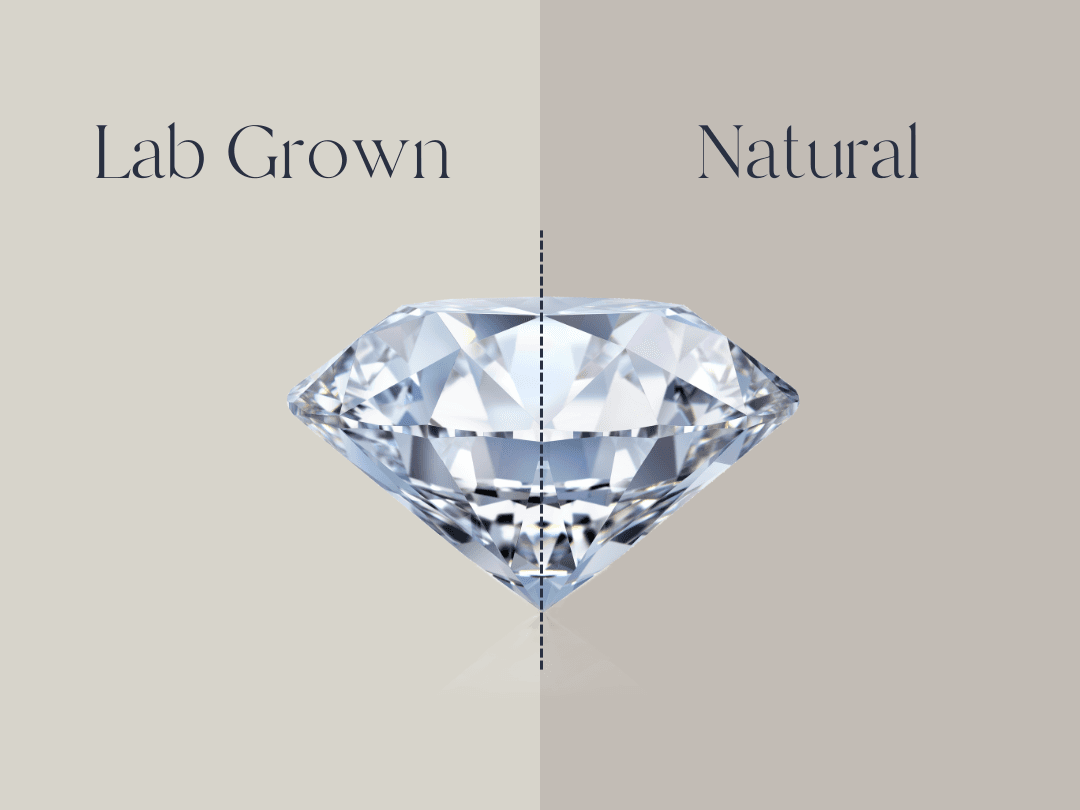In recent years, the diamond industry has witnessed a significant transformation with the introduction of are lab grown diamonds better. These diamonds are created in controlled laboratory settings, mimicking the natural diamond creation process, but they are produced in a much shorter time frame. With the rise in popularity of these man-made diamonds, one pressing question has emerged: are lab-grown diamonds better? In this article, we will explore various aspects of lab-grown diamonds to help you understand whether they are a superior choice compared to their natural counterparts.
The Process Behind Lab-Grown Diamonds
To answer the question of whether lab-grown diamonds are better, it’s essential to first understand how they are created. Lab-grown diamonds, also known as man-made diamonds, are made using two primary methods: High Pressure High Temperature (HPHT) and Chemical Vapor Deposition (CVD). Both methods simulate the extreme conditions that occur deep within the Earth to form natural diamonds. However, these diamonds are produced much faster, typically within a few weeks.
In contrast, natural diamonds can take millions of years to form in the Earth’s crust, making lab-grown diamonds more environmentally friendly and sustainable. Therefore, the question of whether lab-grown diamonds are better also ties into the growing concern over the environmental impact of mining.
Durability and Quality: Are Lab-Grown Diamonds Better?
One of the key factors in determining whether lab-grown diamonds are better is their durability. In terms of physical properties, lab-grown diamonds are chemically, physically, and optically identical to mined diamonds. Both types are made of carbon atoms arranged in a crystal structure, which makes them incredibly hard. The hardness of diamonds is rated 10 on the Mohs scale, making them the hardest natural material on Earth.
The beauty of lab-grown diamonds lies in their ability to exhibit the same brilliance and clarity as natural diamonds. Since they are virtually identical to mined diamonds, the question arises whether the origin of the diamond matters in terms of durability and quality. Most gemologists agree that man-made diamonds do not differ significantly from natural diamonds when it comes to quality, making lab-grown diamonds an excellent choice for consumers seeking durability and elegance.
Cost and Affordability: Are Lab-Grown Diamonds Better for Your Budget?
Another crucial factor to consider when asking if lab-grown diamonds are better is their cost. Lab-grown diamonds are generally more affordable than natural diamonds because they are produced in a controlled environment, which eliminates the need for extensive mining operations. As a result, the price of a lab-grown diamond can be 20-40% lower than that of a comparable mined diamond.
For budget-conscious buyers, man made diamonds provide a way to enjoy a stunning diamond without breaking the bank. This affordability opens up opportunities for more people to invest in diamonds, whether for engagement rings, jewelry, or other occasions. The significant price difference is an important consideration when deciding if lab-grown diamonds are better for your budget.
Environmental Impact: Are Lab-Grown Diamonds Better for the Planet?
The environmental impact of diamond mining has long been a topic of concern. Mining natural diamonds involves large-scale excavation and often leads to land degradation, deforestation, and pollution. In contrast, lab-grown diamonds are created with a significantly lower environmental footprint. The process of creating man-made diamonds requires less energy, and there are fewer adverse effects on ecosystems compared to traditional mining.
As more people become conscious of sustainability issues, the question of whether lab-grown diamonds are better for the planet becomes increasingly important. By choosing lab-grown diamonds, consumers can reduce their impact on the environment and support sustainable practices in the jewelry industry.
Ethical Considerations: Are Lab-Grown Diamonds Better for Ethical Consumers?
Ethical concerns also play a crucial role in the decision to purchase lab-grown diamonds. The diamond industry has been historically linked to human rights abuses, including child labor, unsafe working conditions, and financing conflicts. These issues have led to the creation of initiatives such as the Kimberley Process, which aims to prevent the trade of conflict diamonds.
By choosing lab-grown diamonds, consumers can avoid supporting the negative social and ethical impacts of diamond mining. Since man-made diamonds are created in a controlled environment, they offer a conflict-free alternative to natural diamonds. For consumers who prioritize ethical considerations, lab-grown diamonds offer a more transparent and responsible choice.
Resale Value and Investment Potential: Are Lab-Grown Diamonds Better in the Long Run?
One common argument against lab-grown diamonds is their potential resale value. Since they are not as rare as natural diamonds, some believe that lab-grown diamonds may not hold their value as well over time. Natural diamonds, on the other hand, are considered a long-term investment due to their scarcity.
However, man-made diamonds are becoming increasingly popular, and their value may rise as demand for sustainable and ethical products grows. While lab-grown diamonds may not currently command the same resale value as natural diamonds, they are still a worthy investment for those seeking a beautiful and durable piece of jewelry at a lower initial cost. Whether lab-grown diamonds are better as an investment depends on individual preferences and priorities.
Conclusion: Are Lab-Grown Diamonds Better?
In conclusion, lab-grown diamonds offer several advantages over natural diamonds, including affordability, environmental sustainability, and ethical considerations. They are chemically, physically, and optically identical to mined diamonds, making them an excellent choice for those seeking a high-quality, durable gemstone. While lab-grown diamonds may not have the same resale value as natural diamonds, they are a more budget-friendly and responsible option for those who value sustainability.
Ultimately, whether lab-grown diamonds are better depends on the individual buyer’s priorities, whether it’s cost, ethics, or environmental impact. As the diamond industry continues to evolve, it’s clear that man-made diamonds will play a significant role in shaping the future of the market.

